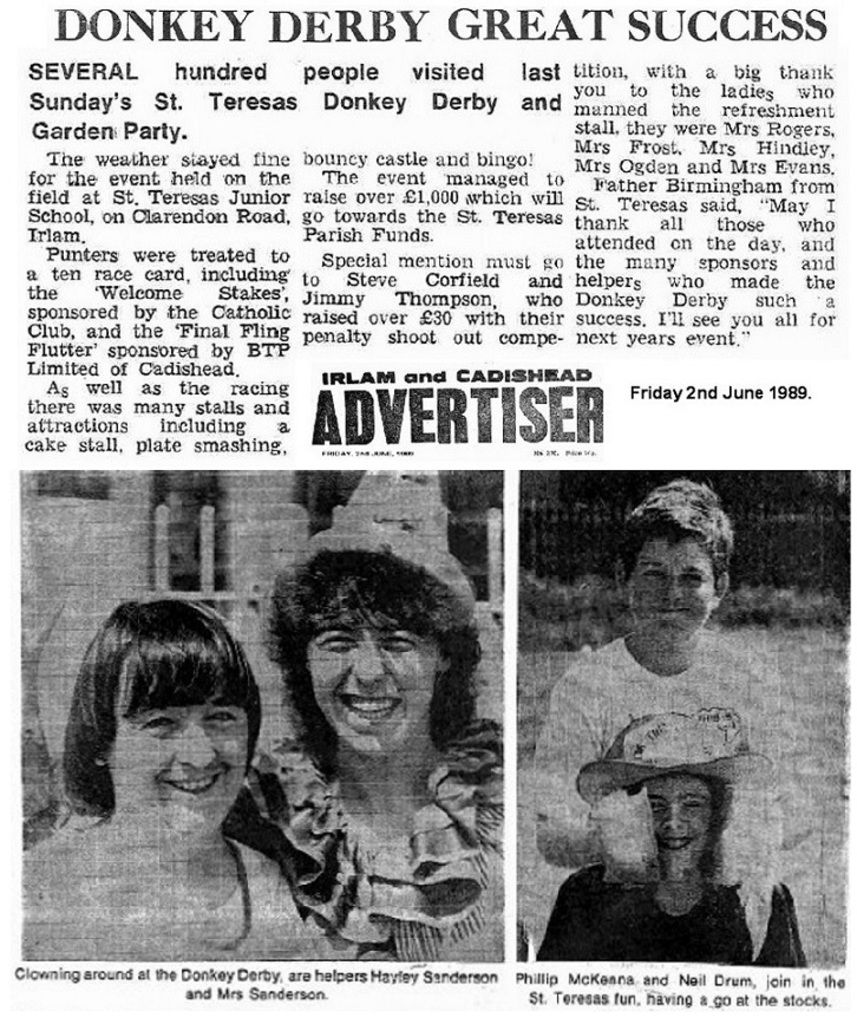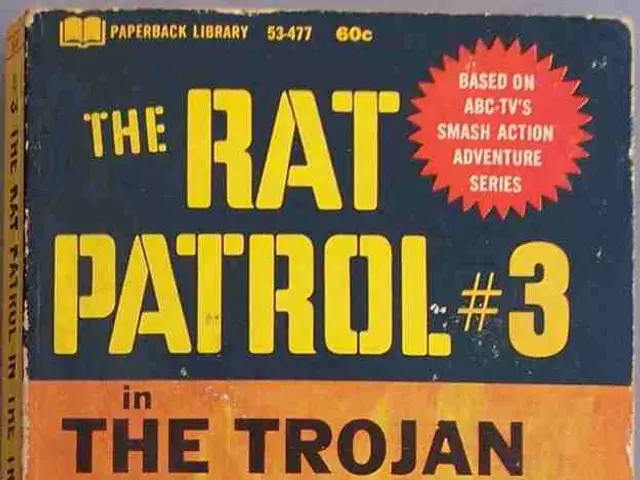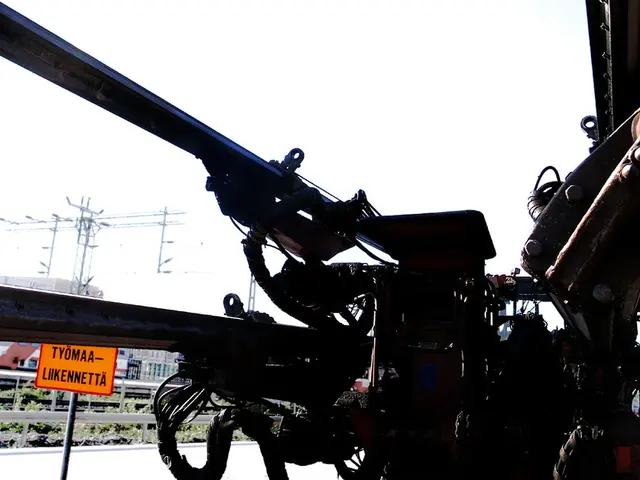The Automakers' Battle Against the Electric Revolution in California
Proposal for Environmental Protection Directive to be Suggested by the Commission
Wanna know what's cookin' in the automotive world? The major U.S. auto players, such as General Motors, Toyota, Volkswagen, Hyundai, and more, are dialing up the U.S. Congress to challenge a planned ban on internal combustion engines in California by 2035. Why, you ask? They're fearing the first real effects on vehicle sales, and that's no exaggeration!
This pushback was announced in a letter published last Monday by the "Alliance for Automotive Innovation." They're concerned that if this ban goes through (which hasn't been tried in the U.S.), vehicle prices are gonna skyrocket, and customers' choices will dry up. It's all due to the 25 percent import tariffs on vehicles and auto parts, according to the letter.
The U.S. House of Representatives is gonna vote on this later this week, deciding whether to extend a rule by the U.S. Environmental Protection Agency (EPA) introduced under former President Joe Biden. This rule allows California to set sales targets for electric vehicles. By 2035, at least 80 percent of new vehicles in California must have a purely electric drive, with just one-fifth having an additional internal combustion engine.
Some states, like California, New York, Massachusetts, and Oregon, have already set similar regulations in motion. In total, about 40 percent of the U.S. auto market is affected by these regulations. To meet these targets, the shift towards electric vehicles must continue from approximately 35 percent in the 2026 model year to 68 percent in the 2030 model year. The California government argues that these targets are crucial for achieving CO2 goals and controlling air pollution, but automakers find them difficult to achieve due to the current low demand for electric vehicles.
But here's the drama. These regulations have attracted controversy and legal actions from Congress. The U.S. Congress is currently pursuing multiple avenues to challenge California's Advanced Clean Cars II (ACC II) rule, which mandates 100% zero-emission vehicle (ZEV) sales by 2035. Opponents argue the mandate would increase costs, restrict consumer choice, and harm small businesses relying on internal combustion engine vehicles. Automakers may struggle with stranded investments if the rule is overturned after committing billions to EV production. The federal pushback may also conflict with automakers' global EV transition plans, potentially risking U.S. competitiveness in clean transportation.
In short, the struggle between electric vehicles and internal combustion engines is far from over, and this Congressional battle is just the latest move in the game. The Supreme Court’s pending decision on the matter could further reshape the whole landscape. We’ll keep our eyes peeled on this one!
- The automakers, including General Motors, Toyota, Volkswagen, Hyundai, and others, are engaging in a battle against the planned ban on internal combustion engines in California by 2035.
- The Alliance for Automotive Innovation, in a letter, expressed concern about the potential impact of the ban, citing the 25 percent import tariffs on vehicles and auto parts.
- The U.S. House of Representatives is scheduled to vote on a rule by the U.S. Environmental Protection Agency that allows California to set sales targets for electric vehicles, including a goal of at least 80 percent electric vehicles by 2035.
- The automakers, such as those belonging to the Alliance for Automotive Innovation, find these targets difficult to achieve due to the current low demand for electric vehicles and the potential effects on vehicle prices and consumer choices.
- The controversy and legal actions from Congress over California's Advanced Clean Cars II rule, which mandates 100% zero-emission vehicle sales by 2035, have attracted attention, as opponents argue it would increase costs, restrict consumer choice, and harm businesses.
- The pending decision by the Supreme Court on this matter could further shape the landscape of the automobile industry, as the struggle between electric vehicles and internal combustion engines continues and the federal pushback may conflict with automakers' global EV transition plans.








